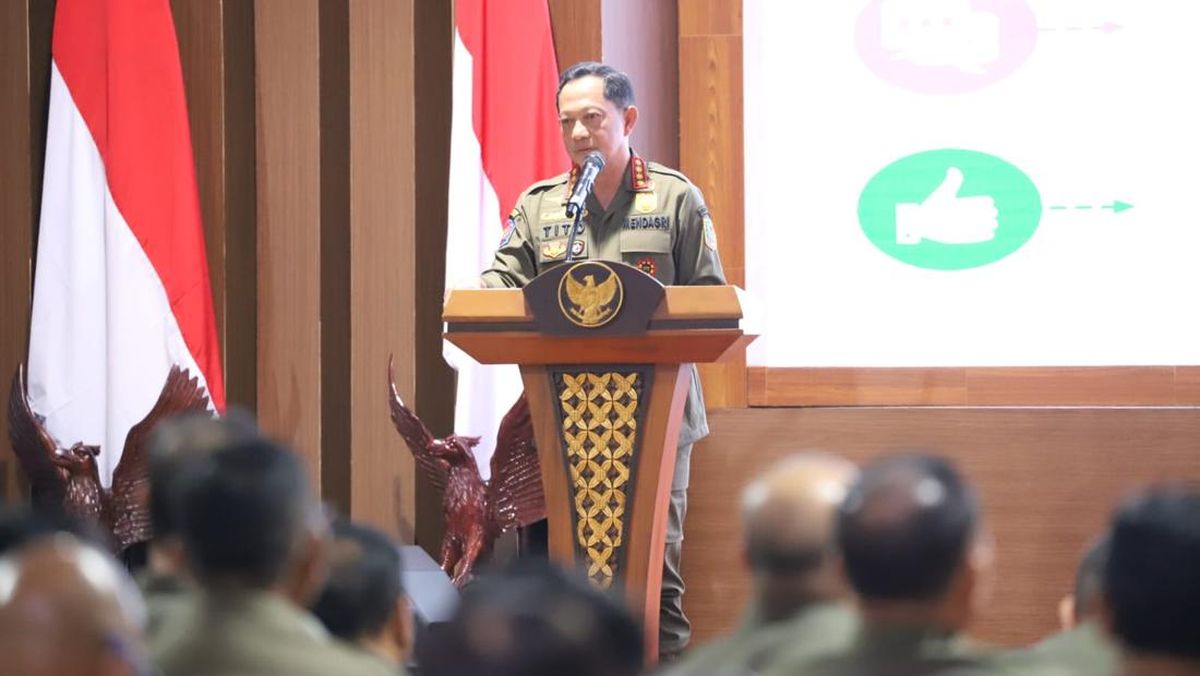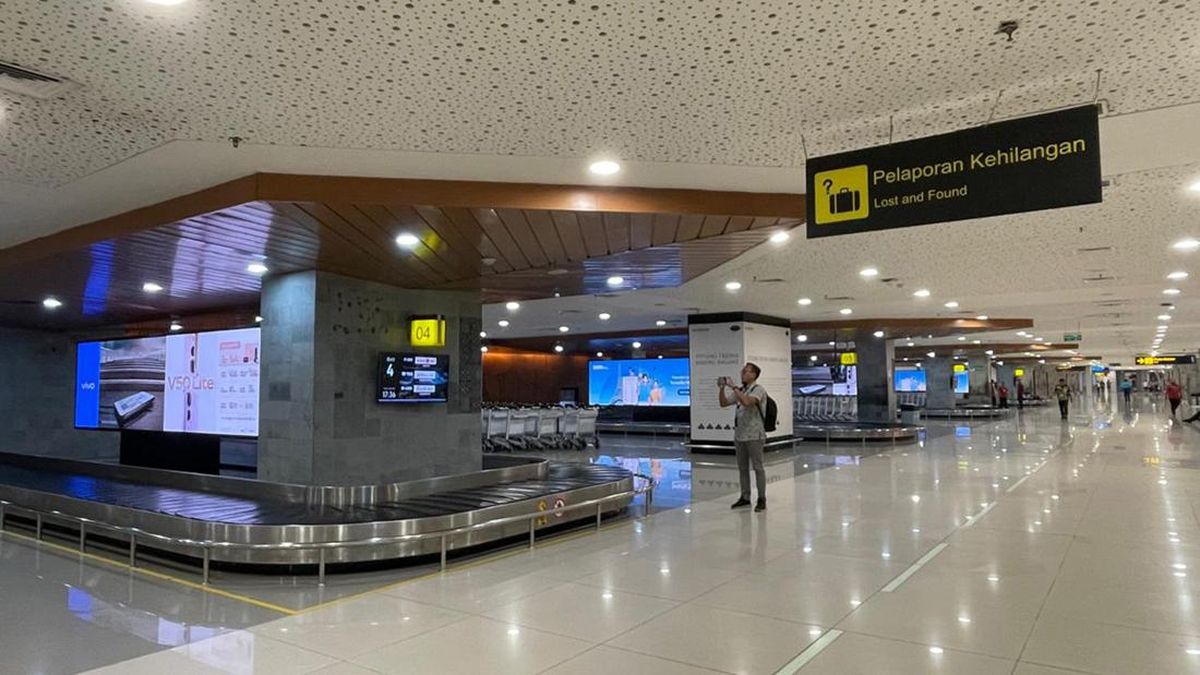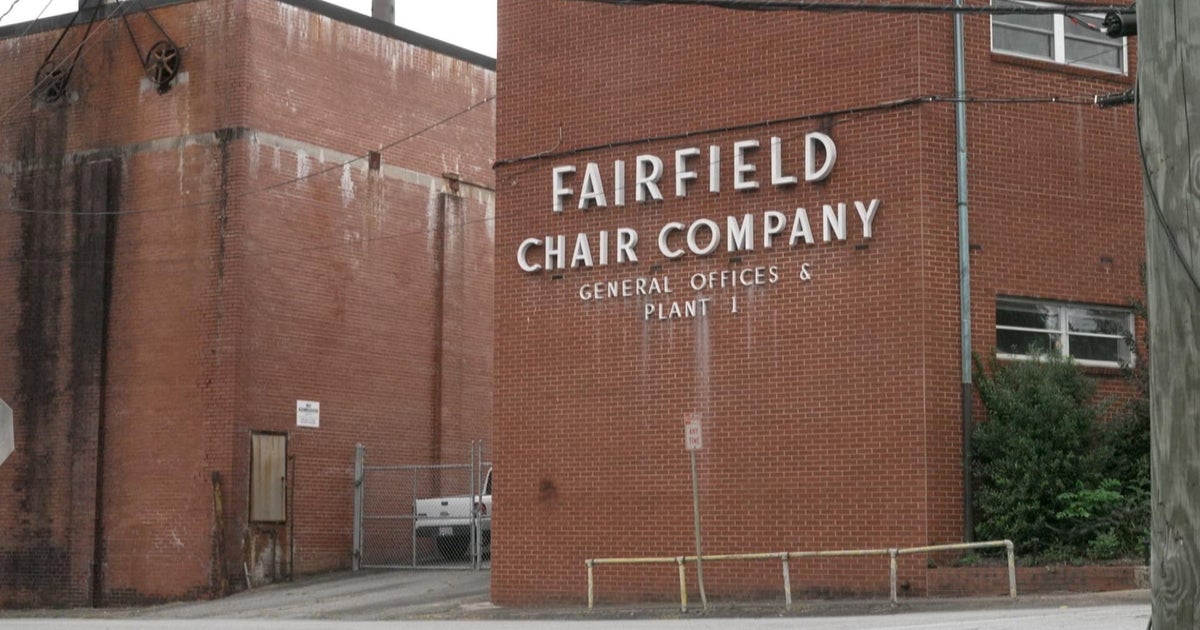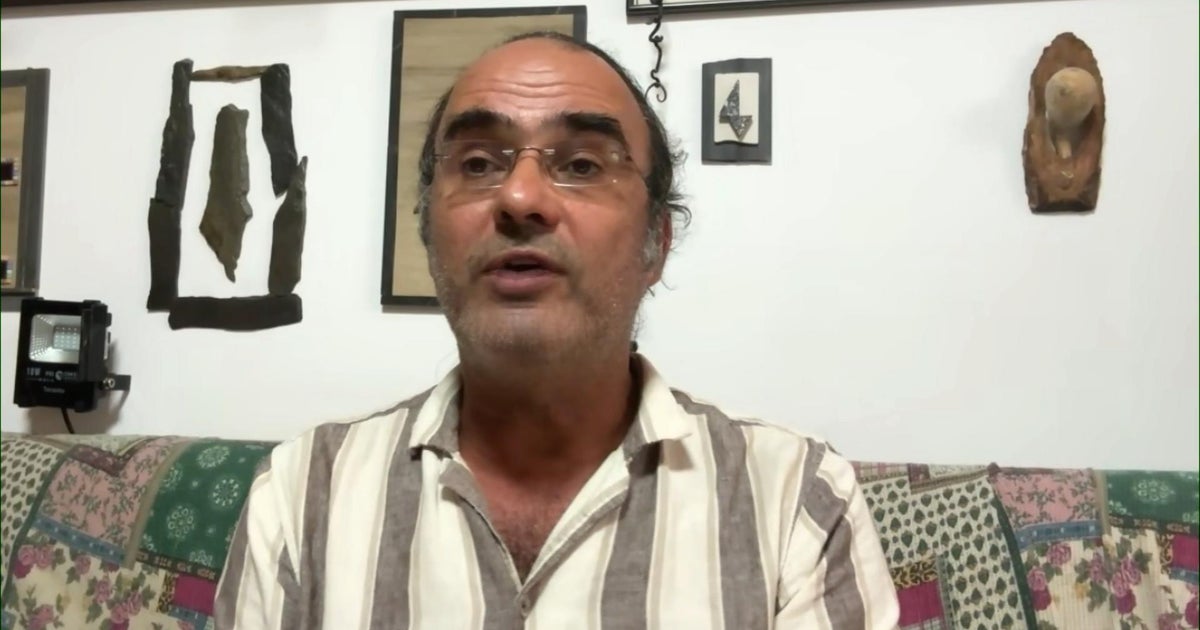Mining giant Rio Tinto is locked in make-or-break negotiations with the federal and NSW governments to avert the closure of Australia’s largest aluminium smelter, as a looming blowout in electricity costs threatens the plant’s survival.
Tomago Aluminium, majority-owned by Rio Tinto, on Friday said it was working with government ministers on “viable pathways” to keep the 40-year-old smelter in NSW viable beyond 2028 and safeguard the jobs of more than 1500 employees in the Hunter region.

Crisis talks are ongoing over assistance for the Tomago aluminium smelter in NSW.
If a taxpayer-funded support deal is reached, it will mark the fourth time the Albanese government has intervened to prop up a struggling metals processor this year after it contributed to bailouts of Glencore’s Queensland copper smelter and refinery on Wednesday, Nyrstar’s smelters in Port Pirie and Hobart in August, and the collapsed Whyalla steelworks in February.
Tomago chief executive Jerome Dozol said energy costs, which accounted for more than 40 per cent of the smelter’s operational expenses, were set to more than double once its existing contract with AGL expired at the end of 2028, hammering its economic viability.
The energy-intensive smelter is the single largest user of electricity in NSW. It consumes more than 10 per cent of the state’s power supply.
Loading
“The greatest challenge for our business is energy, with reliable and affordable power essential for aluminium smelting on a sustainable basis,” Dozol said.
“Under market proposals for power supply from January 2029, our current energy costs would more than double – fundamentally changing operating economics.”
Tomago Aluminium, Australia’s largest aluminium smelter, produces up to 590,000 tonnes a year of the metal, which is widely used to manufacture construction materials, cars, drink cans, foil packaging and electrical products. Aluminium is also increasingly in demand in the construction of solar panels and wind turbines.
Processing alumina into aluminium is highly energy-intensive and can be carbon emissions-intensive, particularly at smelters that source their energy from coal-dominated electricity grids.
Rio Tinto is moving to transfer its other mainland aluminium smelter – the Boyne plant near Gladstone in Queensland – to renewable energy sources. It has struck four agreements contracting enough wind, solar, and battery storage projects to meet 80 per cent of the smelter’s average electricity demand. The company has also been weighing longer-term renewable energy options for the Tomago smelter but it has been unable to find enough renewable energy supplies in NSW that could supply sufficient power around the clock.
Loading
Many Australian metals processors are struggling to stay viable amid the dual challenges of intensifying competition from cheaper Chinese suppliers and the elevated cost of energy.
Aluminium smelters have received government support, particularly via cheap electricity supply, for more than 40 years. In the 2024-25 budget, the federal government established a $23 billion, 10-year Future Made in Australia fund to support industries needed for clean energy and low-carbon production, such as critical minerals, green steel and aluminium.
However, economists this week said the government’s string of bailouts of private companies might be a waste of taxpayer money.
“Research shows that the unemployment consequences of failing companies are temporary, so the employment argument does not work,” University of Western Australia macroeconomist Jakob Madsen said. “Progress is made by good jobs in progressive industries, not by maintaining alienating companies.”
Mark Vassella, chief executive of Australian steel giant BlueScope, this week said the nation’s broader manufacturing sector was at a “dangerous crossroad”, partly due to the runaway cost of the natural gas that is needed to fire many factories’ kilns and furnaces. He said the economy could be at risk of “deindustrialisation”.
Federal Industry Minister Tim Ayres was contacted for comment.
With Shane Wright
Most Viewed in Business
Loading


















































